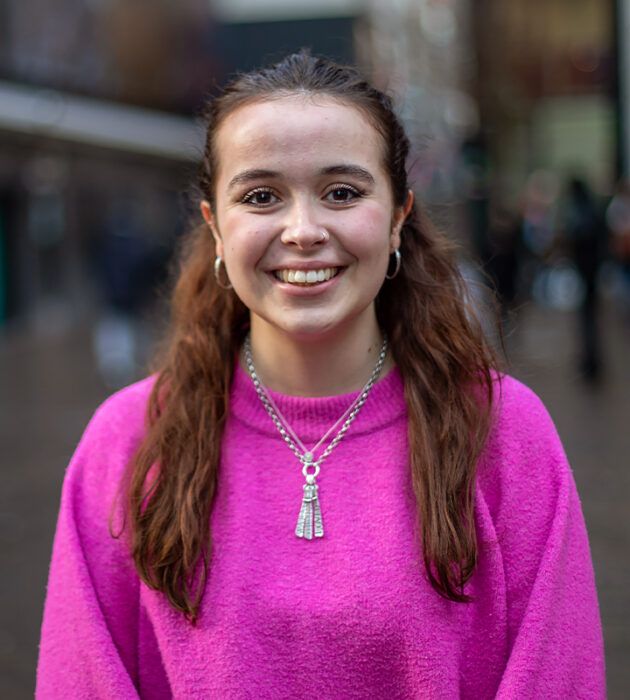“As she died there was a sudden rush of grief, I remember crying really hard, but this was a natural reaction. I sat with her after she died and it was incredibly peaceful. She had a very good death and I was just really grateful she got what she wanted.”

Talking and planning for the end of life can support our experience of grief
This year, in the lead up to National Grief Awareness week I spoke to Heather David about how talking and planning for the end of life can support families’ experiences of grief. We were first in touch with Heather back in 2021 when we were learning more about people’s experiences of CPR decisions for our DNACPR research.
As a funeral celebrant and with prior roles working with older people, Heather has seen many families who have experienced the inescapable effects of losing a loved one. Heather’s mother, Betty, died in 2017 and she told me how talking and planning for the end of life with Betty “helped an awful lot” when it came to grieving.
Betty “was an amazing person; an amazing mother, grandmother, great grandmother and friend”. She lived independently up until the age of 91, at which point Heather and her husband moved in with her. Death was never a taboo topic around Betty and when Heather moved in they talked about and planned many aspects of Betty’s wishes for the end of her life.
They planned Betty’s funeral, with strict instructions to wear bright colours, sing hymns and arrange a big party. They also made a Lasting Power of Attorney for both health and finance, ensuring Heather could make decisions about her mum’s welfare, if Betty lost capacity to do so herself. They also organised a DNACPR to be issued by Betty’s doctor. Betty was very clear what her wishes were and by talking about it and putting practical plans in place, as a family, it meant that they were all on the same page.
Recording and talking about Betty’s wishes meant that they could all make sure she got what she wanted.
I miss her every day but not in a dreadful grief stricken way. What talking about her end of life did for me was made me able to let my mum go and left me with the very happy memories.
Betty was very matter of fact about death and this rubbed off on all the generations to follow. On the day they scattered Betty’s ashes, Betty’s youngest great grandchildren spoke so frankly about their great grandmother dying, that Heather knew Betty had taught their family a great lesson about talking and planning for death so openly.
“She continued to teach her family through the act of dying because of the way she did it.”
Since Betty died, Heather has made her own Lasting Power or Attorney for health and welfare, and spoken to her daughter about her wishes. She has also made an Advance Decision to Refuse Treatment which clearly outlines what her wishes are for end of life treatment.
“Death is inevitable; it’s the only thing we know for sure. It amazes me that people don’t prepare for it, it is so important to start the conversation.”
Starting these conversations and planning for the end of life helped Betty to have a “good death” one which was on her own terms. Doing so made things much easier for her family and impacted Heathers grief in such a positive way.
For further support on how you can record your priorities and wishes for the end of your life contact Compassion in Dying.
With huge thanks to Heather for talking so openly about her experience.